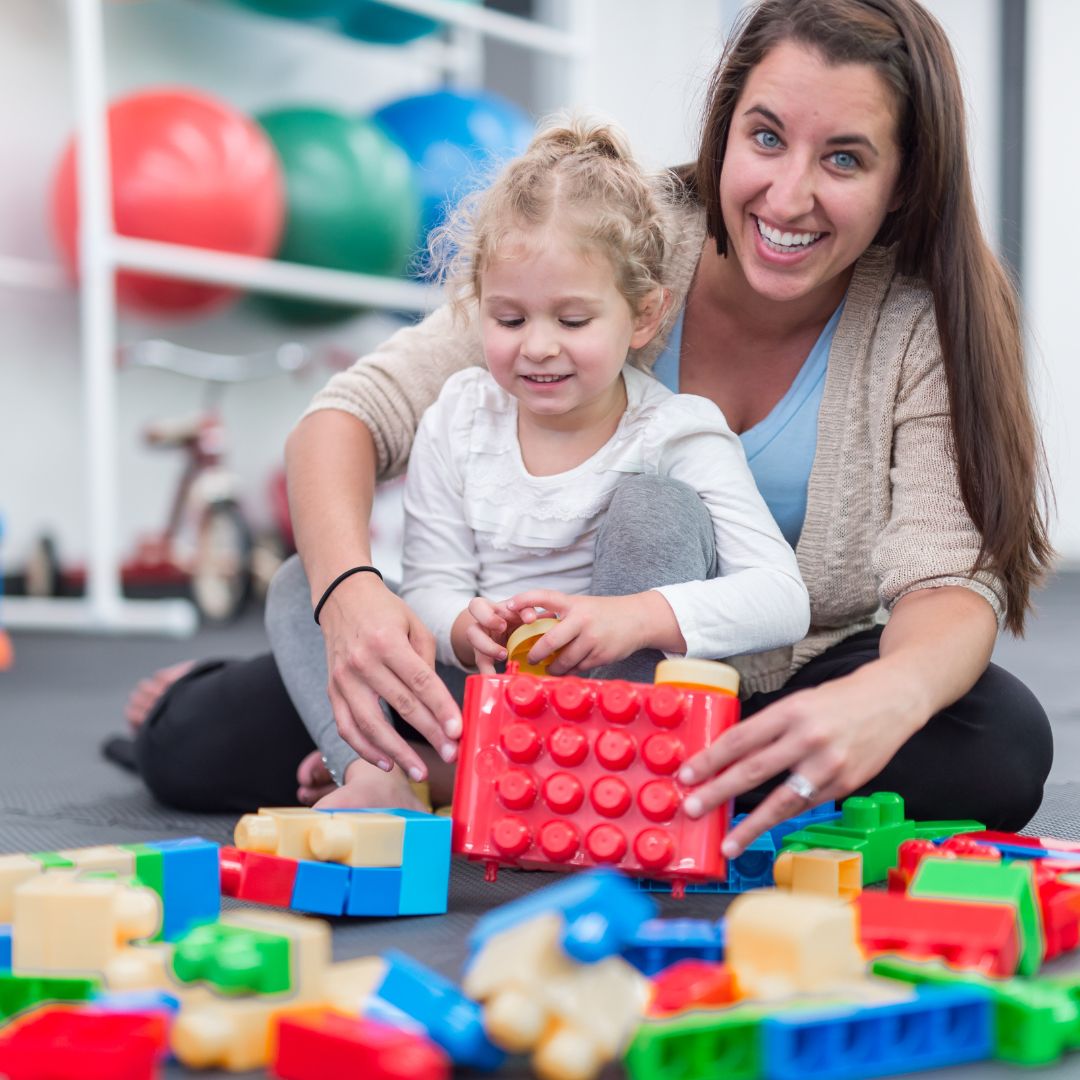When parents search for an occupational therapist Sydney, they’re often looking for practical strategies that can help their child succeed in both home and school environments. Children face many challenges as they grow, from managing routines and building friendships to handling emotions and staying focused in class. With the right approaches, families and professionals can support children in developing skills that set them up for long-term success.
Every child is unique, but specific evidence-based methods consistently encourage growth, independence, and confidence. Here are three proven approaches that make a meaningful difference in children’s lives.
Approach 1: Building Strong Daily Routines
One of the most effective ways to support children is by establishing predictable and structured routines. Routines provide children with a sense of security and help them understand what comes next, thereby reducing stress and anxiety.
At home, routines can include consistent morning and bedtime schedules, clear mealtime expectations, and designated times for homework and other activities. In schools, routines may involve structured classroom transitions, visual timetables, and consistent seating arrangements.
Why Routines Matter
- Encourage independence: Children learn to take responsibility for their daily tasks and activities.
- Reduce conflict: When expectations are clear, there are fewer battles over what needs to be done.
- Boost confidence: Completing daily routines gives children a sense of accomplishment and achievement.
Visual schedules, checklists, or step-by-step guides can be handy tools. Over time, routines build resilience and self-reliance, preparing children to manage responsibilities as they grow.
Approach 2: Encouraging Play-Based Learning
Play is more than fun—it’s a powerful tool for development. Through play, children explore new ideas, practise problem-solving, and develop social skills. An occupational therapist Sydney may incorporate play into sessions because it helps children stay engaged while working on key skills such as coordination, planning, and cooperation.
Types of Play That Help Children Thrive
- Imaginative play: Pretend games encourage creativity, communication, and emotional expression.
- Structured play, such as puzzles, board games, or building blocks, fosters problem-solving and persistence.
- Active play, such as running, climbing, or playing ball games, helps strengthen muscles, balance, and coordination.
Play also supports social development. When children play with their peers, they learn essential skills such as sharing, turn-taking, and negotiating. These experiences carry over into classroom interactions and friendships, improving overall confidence.
Approach 3: Supporting Emotional Regulation
A child’s ability to manage their emotions has a significant impact on their success at home and school. Some children struggle with managing big feelings, which can lead to meltdowns, frustration, or difficulties focusing. Supporting emotional regulation means giving children tools to recognise, understand, and manage their emotions in positive ways.
Strategies for Emotional Growth
- Calm spaces at home or school: Quiet corners with sensory-friendly items can help children reset when overwhelmed.
- Breathing techniques: Simple breathing exercises encourage calm and focus.
- Emotion charts: Visual aids help children identify and express their feelings more clearly.
Parents and teachers play a vital role in modelling calm responses. When adults demonstrate patience and problem-solving, children learn healthier ways to cope with their own challenges. With consistent support, children develop resilience that benefits both academic performance and family life.
The Role of Collaboration
Children thrive best when parents, teachers, and professionals work together in collaboration. Collaborative approaches ensure strategies are consistent across home and school, making it easier for children to generalise skills in different settings.
For example, a teacher might implement a visual schedule in the classroom, while parents create a similar system at home. Consistency across environments reinforces learning and builds a strong foundation for independence.
Why Local Support Matters
Families often prefer seeking help close to home. Searching for an occupational therapist Sydney means finding support that’s not only accessible but also familiar with local schools, community resources, and the Australian educational framework. Local therapists can better align strategies with what children experience daily, ensuring therapy is both practical and effective.
Being able to access support nearby also reduces stress for families, making it easier to stay consistent with sessions and strategies. Consistency is the key to long-term progress.
Creating Opportunities for Growth
Beyond therapy sessions and structured learning, everyday life presents numerous growth opportunities. Encouraging independence during routines, providing chances for problem-solving, and supporting social interactions are all ways families can guide their children towards greater confidence.
It’s important to celebrate small wins—whether it’s tying shoelaces, sharing toys with a sibling, or finishing homework without reminders. These achievements build self-esteem and encourage children to take on bigger challenges in the future.
Final Thought
Helping children thrive at home and school requires a combination of structure, creativity, and emotional support. By focusing on daily routines, play-based learning, and emotional regulation, families and educators can nurture children’s confidence, independence, and resilience. For parents seeking professional guidance, an occupational therapist in Sydney can provide personalised strategies tailored to each child’s needs. With consistent support, every child has the opportunity to grow, succeed, and flourish in both home and school settings.
